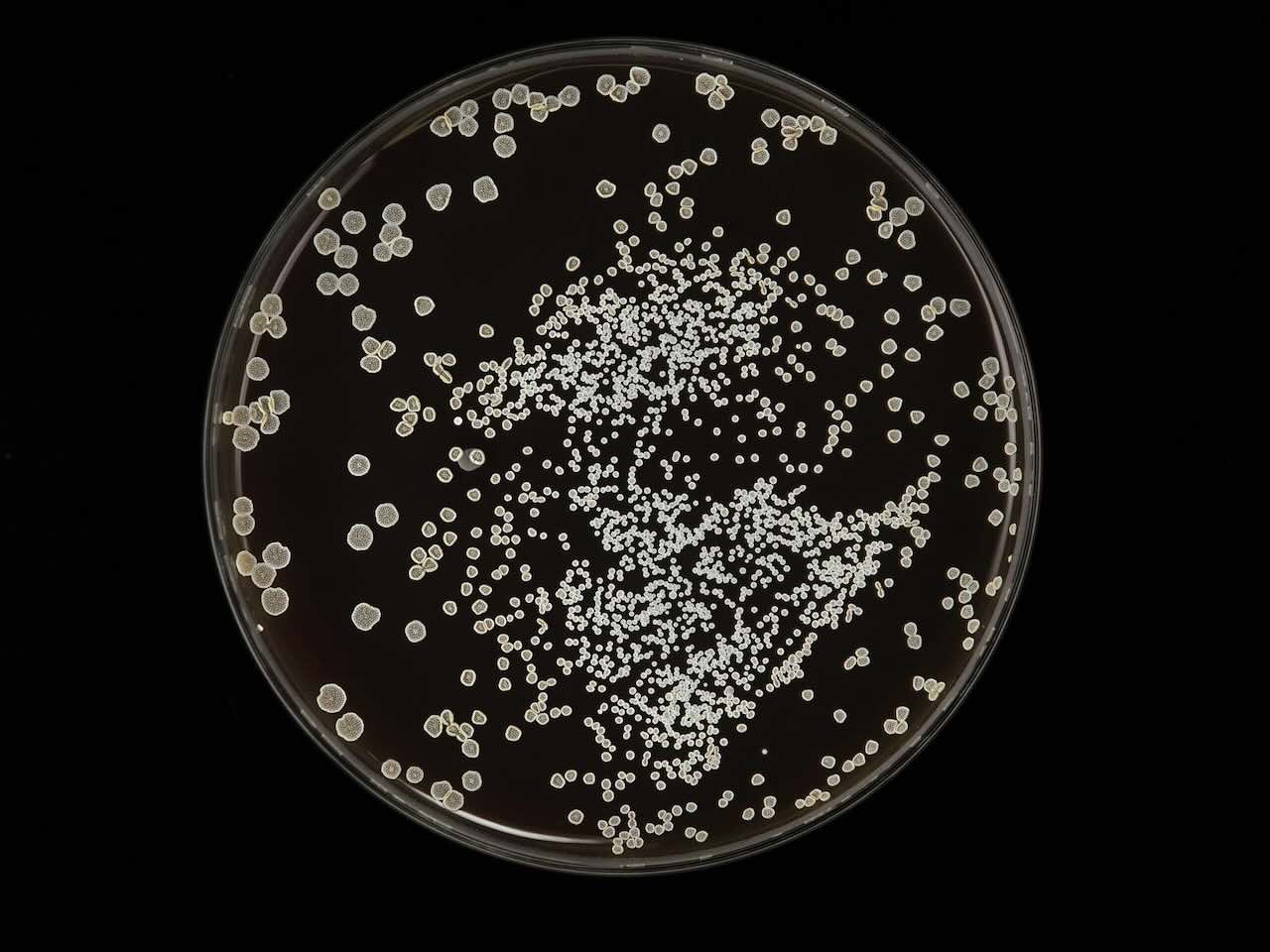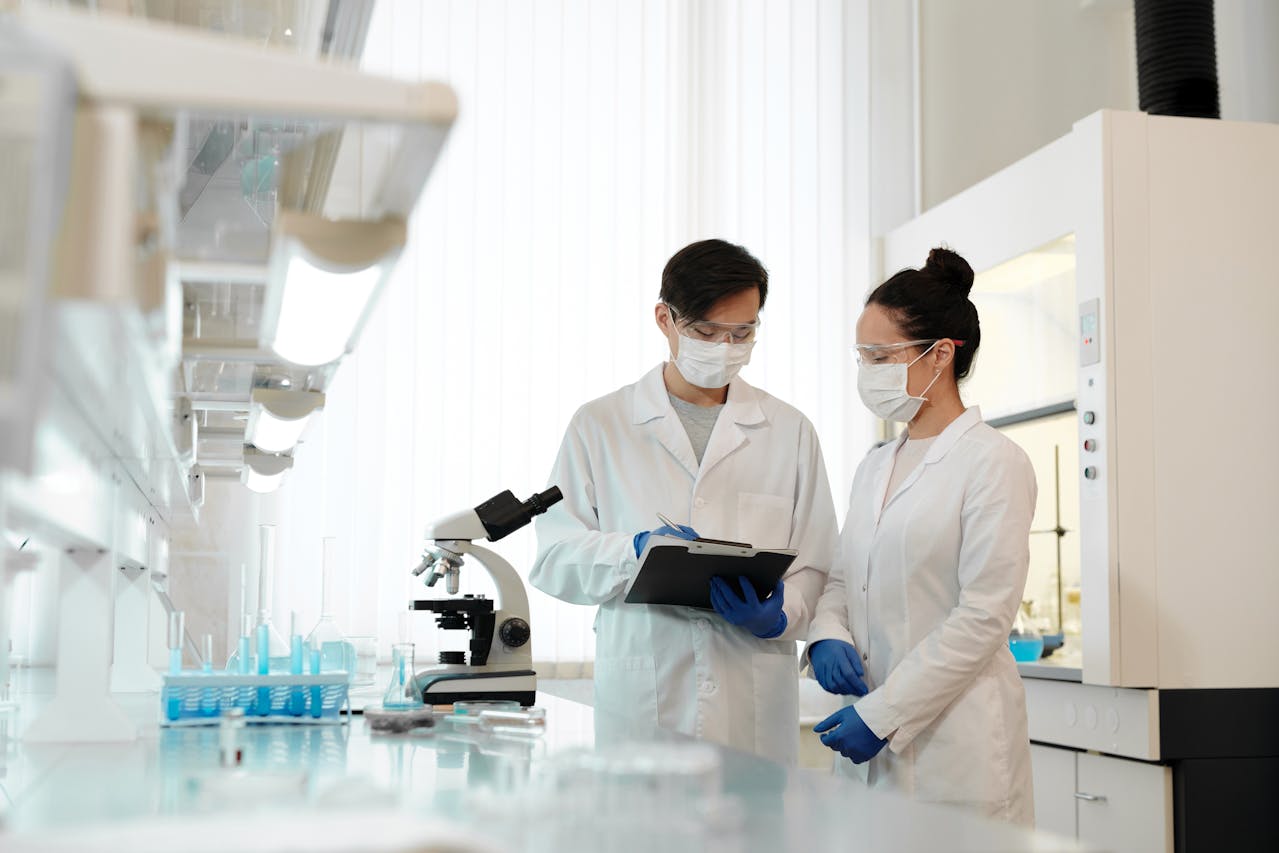Microbiology is one of the most versatile and impactful scientific fields, with applications in medicine, agriculture, food production, pharmaceuticals, environmental science, and more. It focuses on the study of microorganisms—including bacteria, viruses, fungi, and protozoa—and how they interact with humans, animals, and the environment.
Careers in microbiology are both varied and high in demand, offering meaningful contributions across medicine, agriculture, and public health, with increasing relevance in today’s world of innovation and sustainability.
Why Choose a Career in Microbiology?
Microbiology careers offer the opportunity to work on issues that directly affect lives and societies—from infectious disease control to food security and clean water. Professionals in this field play crucial roles in:
- Diagnosing illnesses through laboratory analysis
- Developing vaccines and novel therapies
- Ensuring product and environmental safety
- Investigating antibiotic resistance
- Supporting epidemiology and public health response
For those curious about science and its real-world applications, microbiology offers a unique balance between discovery and service.
Popular Microbiology Career Paths
Microbiology graduates may choose from a variety of specialisations depending on their interests, skills, and postgraduate training. Some of the most common roles include:
Clinical Microbiologist
Clinical microbiologists work in hospitals and diagnostic laboratories, identifying disease-causing microorganisms in patient samples. They help guide appropriate treatment by detecting infections such as tuberculosis, sepsis, and foodborne illnesses.
Research Scientist
Research microbiologists investigate how microorganisms behave, evolve, and affect other organisms. They work in academic labs, pharmaceutical companies, and government research institutes. Projects may include vaccine development, antimicrobial resistance, or microbiome research.
Food and Industrial Microbiologist
In food manufacturing, microbiologists ensure product safety by testing for contaminants like E. coli and Salmonella. In industrial settings, they may support fermentation processes for products like probiotics, enzymes, and biofuels.
Environmental Microbiologist
Environmental microbiologists study microbes in ecosystems to improve waste management, soil quality, and pollution control. Their work supports sustainability and environmental conservation efforts.
Public Health Microbiologist
In collaboration with health authorities, these professionals monitor and respond to infectious disease outbreaks. They play key roles in national surveillance systems and international public health initiatives.
Pharmaceutical Microbiologist
These experts contribute to the development, production, and quality assurance of medications, including sterile drugs and vaccines. They ensure pharmaceutical products meet regulatory microbiological standards.
Industries Hiring Microbiologists in Malaysia
Graduates with a microbiology or related academic qualification, such as a degree in biomedical science, can find employment in:
- Government hospitals and pathology labs
- Research universities and medical schools
- Pharmaceutical and biotech companies
- Food and beverage industries
- Water treatment and sanitation agencies
- Environmental and agricultural research centres
- National public health organisations
The COVID-19 pandemic highlighted the critical importance of microbiologists in diagnostics, vaccine development, and disease control—making the profession even more relevant today.
What Skills Are Needed for a Microbiology Career?
To succeed in microbiology, both technical and soft skills are important:
- Laboratory proficiency: Culture techniques, aseptic handling, and diagnostics
- Critical thinking: Interpreting data and solving problems
- Communication: Explaining complex findings to non-scientific audiences
- Attention to detail: Ensuring accuracy in tests and analyses
- Teamwork: Collaborating with clinicians, researchers, and technicians
These skills are honed during academic training and enhanced through work placements or postgraduate study.

Entry Pathways into the Field
Many students start their journey with a foundation in science to build the biology and chemistry knowledge required for microbiology programmes. From there, they may pursue:
- A dedicated microbiology degree
- A broader degree in biomedical science with microbiology modules
- A medical degree, if they intend to specialise in clinical microbiology later
Postgraduate options like MSc or PhD in microbiology open further doors to research, academia, and advanced diagnostic roles.
Microbiology Salary Expectations in Malaysia
Microbiologists’ salaries vary depending on qualification, experience, and sector. According to Jobstreet Malaysia, the average monthly salary for microbiologist jobs ranges from RM 3,000 to RM 3,200 (accurate as of writing). Those working in pharmaceuticals or with postgraduate degrees may earn significantly higher salaries.
Career Growth and Long-Term Prospects
As Malaysia grows its biomedical, pharmaceutical, and public health sectors, the demand for skilled microbiologists continues to rise. Opportunities are especially strong in clinical research, diagnostics, food safety, and biopharma development.
Microbiology professionals may also transition into related areas such as epidemiology, academic teaching, infection control, or regulatory affairs. Lifelong learning and upskilling are key to staying competitive in this dynamic and evolving field.
Final Thoughts on Careers in Microbiology
Microbiology careers offer a meaningful blend of science, impact, and discovery. Whether you’re analysing lab samples, developing a new therapy, or improving food quality, microbiologists are essential to solving health and environmental challenges.
Students who begin with a foundation in science and progress to a degree in biomedical science or a medical degree are well-positioned to pursue diverse and fulfilling roles in this field.
At RUMC, we offer an Irish medical degree that is internationally recognised, allowing graduates to practice globally. Explore our programmes & scholarships to learn more.
FAQs about careers in microbiology
1. What can I do with a degree in biomedical science?
A degree in biomedical science can lead to roles in microbiology, diagnostics, pharmaceuticals, and lab research across both public and private sectors.
2. Is microbiology a good career in Malaysia?
Yes. Microbiology is a growing field in Malaysia with strong demand in healthcare, food safety, biotech, and pharmaceutical industries.
3. Do I need a medical degree to work in microbiology?
Not necessarily. While a medical degree in Malaysia is required for clinical microbiologists, many research and industrial roles only require a biomedical or microbiology degree.






